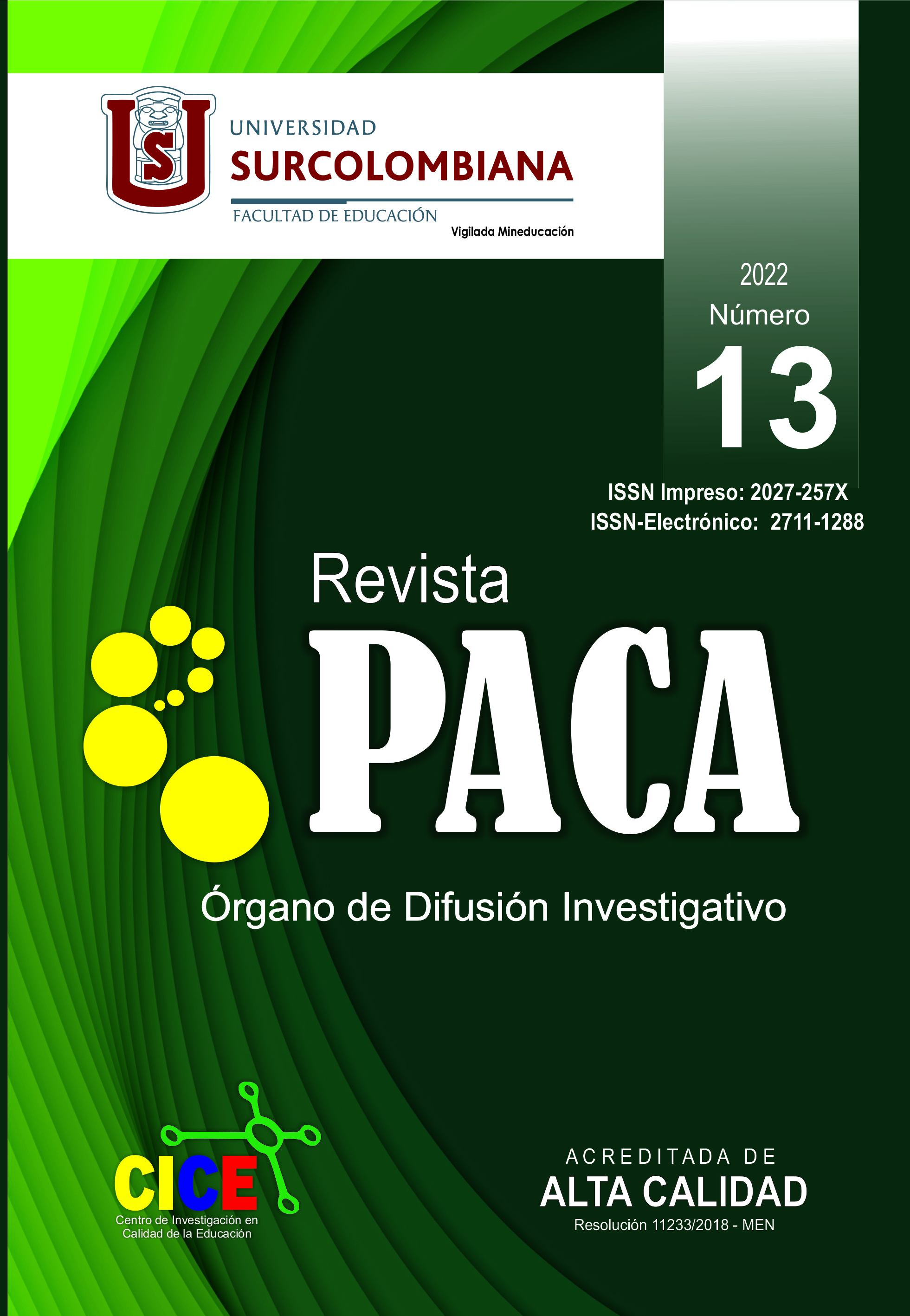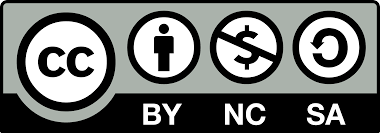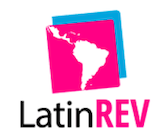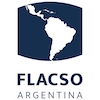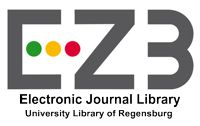Educational decentralization in colombia as a process of innovation and improvement: ¿reality or utopia?
##plugins.themes.bootstrap3.article.main##
Through this article, it will be intended an approximated descriptive analysis of the decentralization process of monetary and human resources, which has characterized that endeavor to innovate the centralized administration system of the education sector. This system was maintained in Colombia since the early 70's, but was modified during the 90's. Throughout its texts, the most relevant characteristics of the administration of resources of our Colombian system are exposed in the basic levels of public education, which has been distinguished by its deficiencies in quality and curricular content, and by a coverage that is often scarce for the majority of the population whose material and economic resources are limited; this population usually dwells in the most remote regions and municipalities inside the geographic territory of Colombia.
Downloads
##plugins.themes.bootstrap3.article.details##
Arango, C., Paz, M., Aguilar, M., Riveros, A. (28 de mayo de 2020). Observatorio de Comportamientos Culturales. Tendencia. https://www.utadeo.edu.co/es/noticia/tendencia/observatorio-de-comportamientos-culturales/207076/la-inequidad-educativa-en-colombia
Becerra, L. A. M. (2012). The results in the provision of public education under different decentralized contexts: The Colombian case. The Journal of Developing Areas, 46(2), pp. 85-103.
Bracho, K.; Carruyo, N.; Mejía, A; Spluga, M.; Ureña, Y. (2014), Impacto Psico-Social del Profesional: de la Zona de Confort en la Vida Universitaria al Inhóspito Mundo Laboral, Revista de Artes y Humanidades UNICA, Vol. 15, 39, pp. 127-140.
Constitución Política de Colombia. (1991), Gaceta Constitucional, No. 116 de 20 de julio de 1991.
Fullan, M. (2000). The Return of Large-Scale Reform. Journal of Educational Change, 1(1), p. 24.
Klein, K., Sperr-Sorra, J. (1996). The challenge of innovation implementation. Academy of Management Review, 21(4), pp. 1055-1080.
Las Tres Historias de la Reforma Educativa. (2000). Phi Delta Kappa, Vol. 81, i8 p581: pp. 1-7.
Ley 115 de 1994. Ley General de Educación y Desarrollos Reglamentarios. Bogotá, D.C.
Redacción Educación. (11 de noviembre de 2021). Educación: 89% se gasta en funcionamiento y apenas el 11%, en inversión. El Tiempo. https://www.eltiempo.com/vida/educacion/educacion-crecen-recursos-pero-no-su-participacion-en-el-presupuesto-631490
Revista Portafolio. (2019). Colombia, con la peor nota de la OCDE en pruebas PISA.
Robayo, N., Ruiz, P. (11 de julio de 2017). La educación como herramienta para el desarrollo sostenible. El Tiempo. https://www.eltiempo.com/vida/educacion/los-cambios-que-necesita-la-educacion-colombiana-107930
Salazar, C. (26 de noviembre de 2022). Más de 21 millones de personas viven en la pobreza y 7,4 millones en pobreza extrema. La República. https://www.larepublica.co/economia/mas-de-21-millones-de-personas-viven-en-la-pobreza-y-7-4-millones-en-pobreza-extrema-3161813
Sanabria, F. (31 de enero de 2019). La corrupción es la principal causa de la pobreza. Vanguardia. https://www.vanguardia.com/colombia/corrupcion-es-pobreza-HX40476
Tiebout, C. (1956). “Una teoría del gasto público local”. Hacienda Pública Española. No. 50, 1978.


